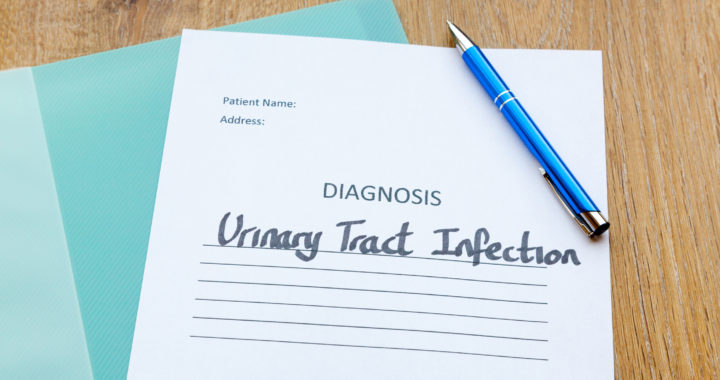Urinary tract infections (UTIs) are an uncomfortable and miserable experience. However, when someone has early onset Alzheimer’s disease (EOAD) or other forms of dementia, the infection becomes much more problematic. Whether the person is living at home or in a memory care facility, care partners must pay close attention and look for warning signs that could indicate the presence of an infection.
What is a Urinary Tract Infection?
A urinary tract infection (UTI) occurs in the urethra (where the urine comes out), bladder, and kidneys. They are typically caused by germs that enter the body through the urethra. UTIs are more common in women than men, as the urethra is shorter in women, thereby the bacteria has less distance to travel to reach the bladder.
What Causes a Urinary Tract infection?
There can be many causes of UTIs, but for those with EOAD and other forms of dementia, a leading cause comes from increased difficulty in cleaning themselves after using the bathroom. When incontinence occurs and they need to wear disposable underwear, the risk of infection increases as underwear may not be frequently changed. Continuing to sit in dirty underwear allows germs to easily enter the urethra, leading to a UTI.
Additionally, UTIs can occur when the person is not drinking enough liquid to stay properly hydrated. Urine becomes more concentrated and can cause inflammation to the lining of the bladder, thereby increasing the risk of infection.
Symptoms and Signs of a Urinary Tract Infection
The common signs and symptoms of a UTI for most people include:
- Urgent need to urinate
- Urine that looks cloudy and/or dark (very dark yellow or brownish in color)
- Urine that has a strong odor or contains blood
- Burning or pain when urinating
- Fatigue
- Pain, pressure, or discomfort in the lower abdomen, back or sides
For those living with EOAD and other forms of dementia, the signs and symptoms of a UTI often display as sudden changes in behavior. As the disease progresses, your loved one may not be able to verbalize their pain and discomfort, so it becomes critical to watch for visual cues as well. Signs and symptoms to watch for include:
- Sudden outbursts and agitation
- Increased confusion
- Drastic decline in mental function
- Changes in appetite
- Unexpected falls
- Increased or sudden incontinence
- Continually having to use the bathroom
- Holding their stomach or saying their stomach and/or back hurts
- Pulling at their clothes (especially the waistband of their pants)
- Facial expressions that indicate discomfort and pain
- Moaning
How to Treat a Urinary Tract infection
If you suspect your loved one has a UTI, don’t wait to see if it gets better. Call their doctor right away. UTIs are extremely hard on people with EOAD and other forms of dementia, and can cause serious health problems if left untreated. Confusion and agitation increase due to the infection, so you need to get them treated right away. Their doctor will collect a urine sample and possibly perform other tests to determine the diagnosis and prescribe treatment.
How to Prevent a Urinary Tract Infection
The following steps can be taken to help reduce the occurrence of a UTI:
- Have your loved one drink plenty of fluids. It is easy for the person with EOAD to become dehydrated, especially in the mid to late stages of the disease. As their care partner, don’t wait for them to ask for something to drink. Give them 6-8 glasses of water or beverage that they like (not alcohol). Offer the liquids frequently, as it will help keep them hydrated.
- Cranberry juice has been shown to help reduce UTIs.
- Fruits, vegetables, and foods high in fiber can help prevent constipation, another cause of UTIs.
- Foods that have a high-water content can also help with hydration. (See our blog post “Hydration, Hydration, Hydration”.)
- Set a bathroom routine of every two (2) hours. This helps keep the bladder empty, preventing your loved one from holding their urine for long periods of time.
- Keep a clear path to the bathroom.
- Help your loved one maintain good hygiene. Have a supply of personal hygiene wipes next to each toilet in the house. These wipes can be used to clean the genital area each time they use the bathroom.
- If your loved one is using disposable underwear, make sure the underwear is frequently changed, and the genital area is cleaned with wipes every time their underwear is changed.
- If your loved one lives in a memory care facility or nursing home, please have a conversation with the staff to ensure the above steps are taken with your loved one.

